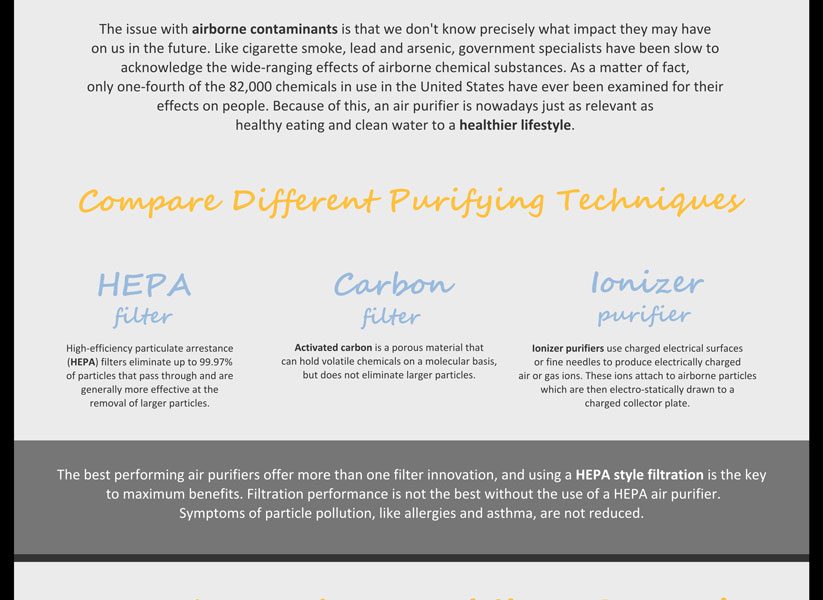Understand Just How To Take Full Advantage Of The Performance And Longevity Of Your Heat Pump System By Sidestepping Regular Installment Mistakes
Understand Just How To Take Full Advantage Of The Performance And Longevity Of Your Heat Pump System By Sidestepping Regular Installment Mistakes
Blog Article
Team Author-McDougall Morris
When installing a heat pump, you have to stay away from usual blunders that could endanger its efficiency. Neglecting Suggested Browsing may cause inefficiencies and higher energy costs. Overlooking insulation and sealing can cause energy wastefulness and stress on the device. Moreover, positioning the exterior system inaccurately might affect its efficiency. By staying clear of these mistakes, you can make sure optimal operating and sturdiness of your heatpump system.
Improper Sizing of Heat Pump
When it comes to the installation of heatpump, one of the most usual mistakes is poorly sizing the system for your area. Making sure the ideal size is important for ideal performance. If the heat pump is as well small, it will certainly battle to heat or cool your space effectively, resulting in enhanced power costs and possible wear and tear on the system.
On the other hand, if the heat pump is too large, it will certainly cycle on and off frequently, causing temperature variations and reducing its life-span.
To avoid this error, it's important to have a specialist evaluate your space and suggest the suitable size of the heat pump based on factors like square video, insulation, ceiling height, and neighborhood environment. By investing the time and initiative to ensure the right sizing, you can enjoy a comfy atmosphere while taking full advantage of energy effectiveness and extending the life expectancy of your heat pump.
Inadequate Insulation and Sealing
To guarantee the effective operation of your heatpump, it's vital to resolve inadequate insulation and securing in your room. Proper insulation assists keep a regular temperature inside, decreasing the workload on your heat pump. Inadequate insulation can cause energy loss, making your heat pump work harder and much less efficiently.
Securing any gaps or leaks in your space is equally essential. These voids permit conditioned air to leave and exterior air to leak in, compeling your heat pump to make up for the temperature level fluctuations.
Wrong Positioning of Outdoor Unit
Resolving the placement of your heatpump's outdoor unit is essential to maximizing its performance. Setting up the outside system in a wrong area can lead to performance problems and potential damage to the device.
One common error to avoid is putting the exterior device also near to a wall or other structures. air conditioning installation christchurch can restrict air movement, creating the system to work more challenging to warm or cool your area, eventually minimizing its performance and lifespan.
Another mistake to steer clear of is putting the outdoor unit in straight sunlight. While some sunshine is unavoidable, too much direct exposure can result in overheating, particularly throughout warm summer days. It's ideal to place the outdoor device in a shaded location to aid preserve its ideal operating temperature level.
Furthermore, make heat pump technician near me that the outdoor device is positioned on a stable and degree surface. Irregular ground can trigger resonances and unneeded stress on the system, affecting its performance gradually.
Verdict
Finally, avoiding typical errors throughout heat pump installment is crucial for making best use of performance and longevity of your system. By making sure appropriate sizing, appropriate insulation, securing, and correct positioning of the outdoor device, you can prevent concerns such as inefficiencies, raised energy bills, and strain on the system. Putting in the time to attend to these essential variables will inevitably save you money and time in the long run.
